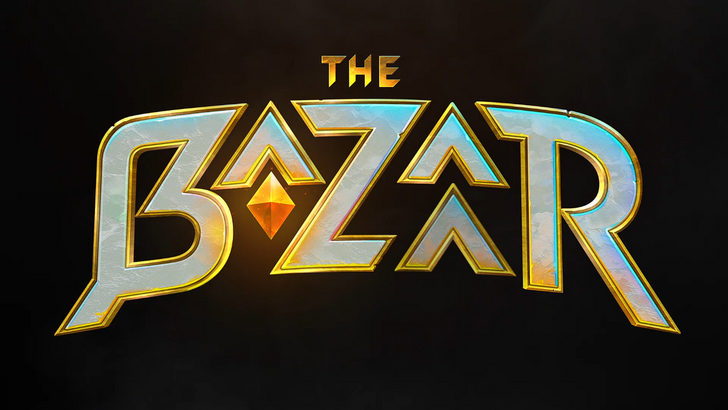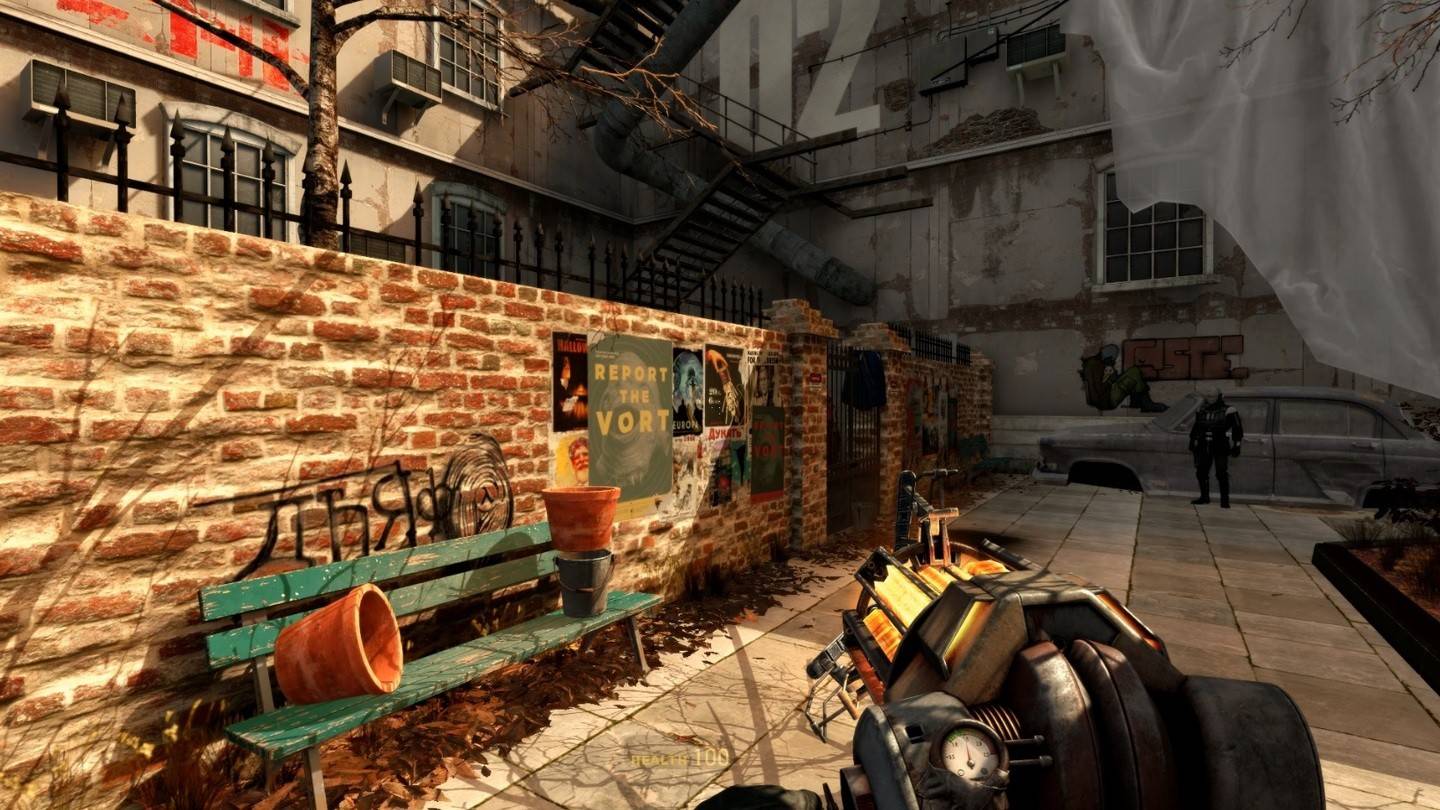ESA Reacts to Trump Tariffs: 'More Than Just Switch 2'
The past 48 hours have been a whirlwind for those keeping up with economic news, and even more so for Nintendo enthusiasts. On Wednesday, it was revealed that the upcoming Nintendo Switch 2 would be priced at a steep $450 in the U.S. This high price, according to analysts, is influenced by anticipated tariffs as well as other factors including inflation, competition, and the costs of components.
The situation escalated further when, last night, the Trump Administration announced sweeping 10% tariffs on imports from nearly every country, with significantly higher tariffs imposed on nations such as China, the EU, Japan, Vietnam, Canada, Mexico, and others. In a swift response, China announced this morning a 34% reciprocal tariff on all U.S. goods. Amidst this turmoil, Nintendo made the decision to postpone pre-orders for the Nintendo Switch 2 in the U.S. to assess the impact of these tariffs on their console strategy.
This unprecedented scenario is causing ripples not just in the gaming world but across various industries, leaving analysts, experts, and the public grappling to understand the full implications. Just 30 minutes before Nintendo's announcement, I had the opportunity to discuss these developments with Aubrey Quinn, a spokesperson for the Entertainment Software Association (ESA), to gain insights into the broader impact on the gaming industry.
The ESA, like many, is still navigating the potential fallout from these tariffs. Quinn noted that while they anticipated some form of tariffs due to previous actions and campaign rhetoric from Trump, the exact scope and the retaliatory measures from countries like China were less predictable. The ESA is cautiously observing the situation, avoiding knee-jerk reactions, but expects these tariffs to have a significant and negative impact on the video game industry.
“We really are, at this point, just watching and trying not to have knee-jerk reactions, because we don't think that what President Trump announced this week is the end of the story, but what was announced this week and the tariffs as outlined, we do expect these tariffs will have a real and detrimental impact on the industry and the hundreds of millions of Americans who love to play games,” Quinn explains. “And so our goal is to work with the administration, to work with other elected officials to try to find a solution that doesn't damage U.S. industries, U.S. business, but also American gamers and families.”
The impact, as Quinn elaborates, extends beyond just the pricing of gaming systems. She notes that it's “hard to imagine a world where tariffs like these don’t impact pricing.” Additionally, consumer spending will be affected, which in turn will impact company revenues, potentially leading to job losses, reduced investment in research and development, and even influencing the design and features of future consoles. “The entire consumer ecosystem is connected,” she emphasizes.
In response, the ESA is taking proactive steps, though Quinn admits it's been challenging to get started due to the short tenure of the new Trump administration and its mostly new cabinet members. Nonetheless, the ESA is committed to fostering dialogue and collaboration to mitigate the adverse effects of these tariffs.
“But yes, the short answer is we know who the conversations need to be happening with, and we are working on making connections and making sure that they understand that we are eager to work with them to find solutions that this is about public, private sector conversations happening, so we can understand and make sure that they see the impact and the risk of impact to business, to consumers, and really everything that's happening within the US borders,” she concludes.
The ESA has already joined forces with other trade associations to voice concerns to U.S. trade representative Jamieson Greer and is seeking meetings with various legislators and administration members. When asked about the effectiveness of these efforts, Quinn confirms that conversations are happening at multiple levels of government, emphasizing that this issue transcends the video game industry and will affect a wide range of consumer products.
For concerned consumers, Quinn suggests reaching out to their representatives through letters, calls, emails, or social media to express their concerns. “I think the more members of government, elected officials, and their staff who hear that their constituents are concerned, the more likely we are to be heard and to potentially make an impact,” she advises.
The announcement from Nintendo about postponing pre-orders for the Nintendo Switch 2 came just minutes after our conversation ended. While the ESA does not comment on individual company decisions, Quinn highlighted the broader implications of tariffs on the gaming industry, noting that the timing of the Switch 2 reveal coinciding with Trump's tariff announcement was unfortunate. She emphasized that the impact would be felt across various gaming platforms and devices, not just the Switch, and would affect companies regardless of their origin.
“And even American-based companies, they're getting products that need to cross into American borders to make those consoles, to make those games. And so there's going to be a real impact regardless of company. This is company-agnostic, this is an entire industry. There's going to be an impact on the entire industry,” Quinn stated.
-
1

Announcing the Bazaar Release: Date and Time Unveiled
Feb 02,2025
-
2

Andrew Hulshult 2024 Interview: DOOM IDKFA, Blood Swamps, DUSK, Iron Lung, AMID EVIL, Music, Guitars, Cold Brew Coffee, and More
Jan 07,2025
-
3

DC Heroes Unite: New Series from Silent Hill: Ascension Creators
Dec 18,2024
-
4

Professor Doctor Jetpack is a Pixel Art Precision Platformer Now Out on Android
Dec 30,2024
-
5

A demo of the fan-made sequel Half-Life 2 Episode 3 Interlude has been released
Jan 05,2025
-
6

Teamfight Tactics 14.14 Patch Notes: Inkborn Fables Finale
Jan 11,2025
-
7

All Camo Challenges in Call of Duty: Black Ops 6 Zombies
Jan 05,2025
-
8

Android Welcomes Virtual Pet Haven: Pet Society Island
Jan 09,2025
-
9

Switch 2: Summer 2024 Launch Expected
Dec 11,2024
-
10

Sword Master Story Is Celebrating Its 4th Anniversary with Tons of Freebies!
Jan 09,2025
-
Download

Ben 10 A day with Gwen
Casual / 47.41M
Update: Dec 24,2024
-
Download

A Simple Life with My Unobtrusive Sister
Casual / 392.30M
Update: Dec 10,2024
-
Download

The Lewd Knight
Casual / 1210.00M
Update: Jan 02,2025
-
4
Kame Paradise
-
5
Chumba Lite - Fun Casino Slots
-
6
Little Green Hill
-
7
I Want to Pursue the Mean Side Character!
-
8
Evil Lands: Online Action RPG
-
9
Lost Fairyland: Undawn
-
10
Hero Clash














